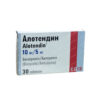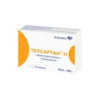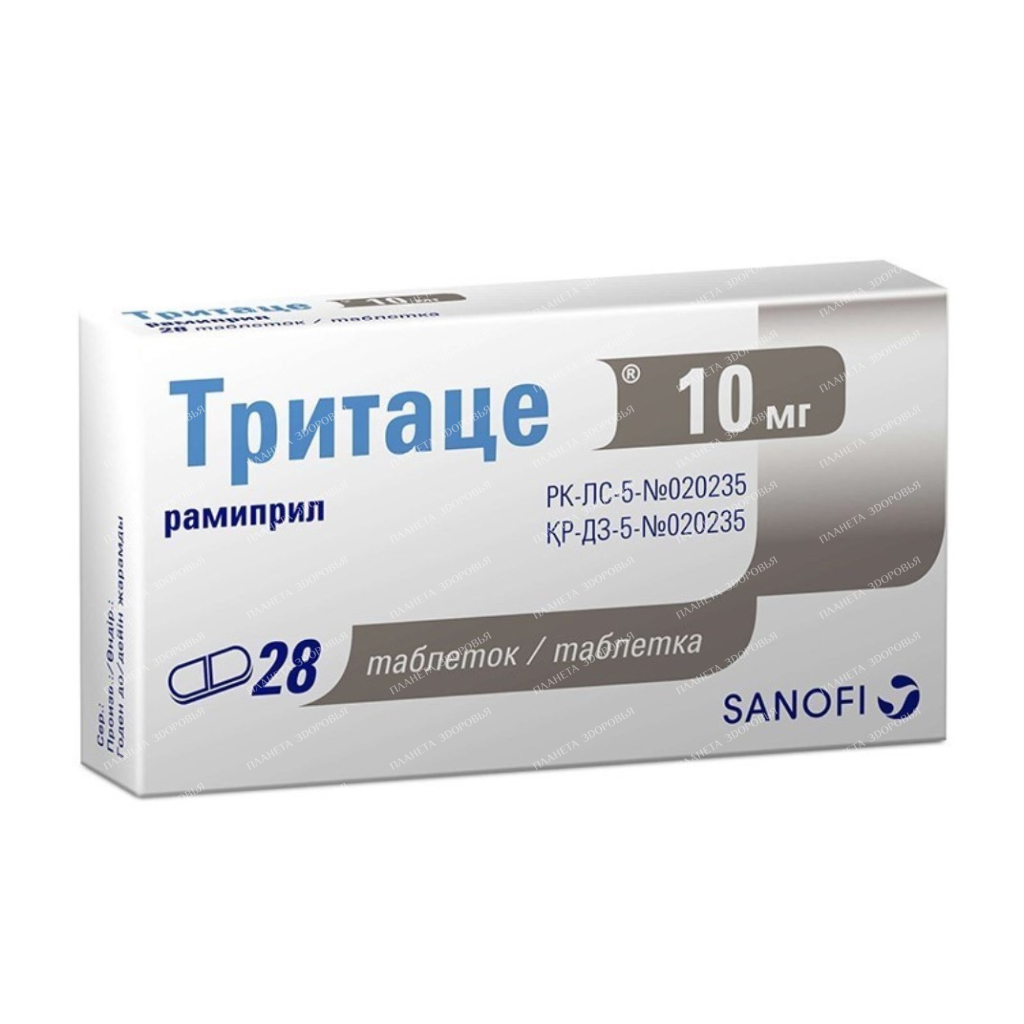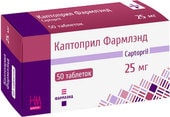Tritace Tablets 10mg: A Comprehensive Guide for Effective Blood Pressure Management
Tritace tablets (ramipril) are a widely trusted and effective medication used to treat high blood pressure (hypertension), prevent cardiovascular complications, and manage various kidney conditions. This detailed guide provides in-depth information on Tritace, its usage, benefits, potential side effects, and important considerations.
What is Tritace?
Tritace tablets contain ramipril, an angiotensin-converting enzyme (ACE) inhibitor. ACE inhibitors work by relaxing blood vessels, lowering blood pressure, and reducing the strain on your heart.
Key Uses of Tritace:
- Treatment of High Blood Pressure: Tritace effectively controls blood pressure, both in monotherapy and when combined with other blood pressure medications.
- Prevention of Cardiovascular Complications: Tritace helps lower the risk of heart attacks, strokes, and other serious heart problems in individuals with existing cardiovascular conditions or risk factors.
- Secondary Prevention after Myocardial Infarction (Heart Attack): Tritace helps reduce the risk of death in patients who have experienced a heart attack, particularly those with heart failure symptoms.
- Treatment of Kidney Disease: Tritace is used to manage both diabetic nephropathy (kidney damage due to diabetes) and non-diabetic nephropathy (kidney damage not related to diabetes).
- Treatment of Symptomatic Heart Failure: Tritace is effective in improving symptoms and quality of life in individuals with heart failure.
Tritace Dosage and Administration:
The dosage of Tritace varies depending on your specific condition, overall health, and individual response to the medication. It is crucial to follow your doctor’s instructions carefully and never adjust your dosage without consulting them.
Important Considerations:
- Patients on Diuretics: Starting Tritace while on diuretics may cause a drop in blood pressure. This is more common in patients who are dehydrated. Your doctor will likely adjust your diuretic dosage or discontinue it before starting Tritace.
- Renal (Kidney) Impairment: The dosage of Tritace needs to be adjusted for individuals with kidney problems, as ramipril is primarily excreted through the kidneys.
- Liver Impairment: Tritace should be used with caution in individuals with liver problems, as it may be metabolized slower.
- Elderly Patients: Elderly patients may be more susceptible to side effects, so lower starting doses and gradual increases are recommended.
- Pregnancy: Tritace is not recommended during pregnancy, particularly during the second and third trimesters.
- Breastfeeding: Tritace is not recommended for breastfeeding mothers, as it’s unclear if it passes into breast milk.
Possible Side Effects:
Like most medications, Tritace can cause side effects. Some common side effects include:
- Dry Cough: This is a frequent side effect, and it usually resolves on its own after discontinuing the medication.
- Hypotension (Low Blood Pressure): Especially common at the start of treatment or when the dosage is increased.
- Other Side Effects: Headache, dizziness, nausea, fatigue, and changes in taste are also possible.
Serious Side Effects:
While rare, some serious side effects can occur. If you experience any of the following, stop taking Tritace immediately and contact your doctor:
- Angioedema: Swelling of the face, lips, tongue, or throat that can cause difficulty breathing.
- Hyperkalemia: High potassium levels in the blood.
- Kidney or Liver Problems: Deterioration of kidney or liver function.
- Pancreatitis: Inflammation of the pancreas.
- Neutropenia/Agranulocytosis: Low white blood cell count.
Important Safety Information:
- Dual Blockade of the Renin-Angiotensin-Aldosterone System (RAAS): Combining Tritace with other RAAS inhibitors (such as angiotensin II receptor blockers or aliskiren) can increase the risk of low blood pressure, high potassium, and kidney problems.
- Allergic Reactions: Some people are allergic to ACE inhibitors. If you experience any allergic reactions, such as rash, hives, or difficulty breathing, seek medical attention immediately.
- Interactions with Other Medications: Tritace can interact with other medications, so it’s essential to inform your doctor about all the medications and supplements you are taking.
- Surgery: Your doctor may recommend stopping Tritace before surgery, as it can affect blood pressure and complicate anesthesia.
Conclusion:
Tritace is a valuable medication for managing high blood pressure, preventing cardiovascular complications, and treating specific kidney conditions. However, it’s important to understand the potential risks and benefits, follow your doctor’s instructions carefully, and monitor for any side effects.
This information is not intended to be a substitute for professional medical advice. Always consult your doctor or healthcare professional for diagnosis, treatment, and management of your specific health condition.
| INN | RAMIPRIL |
|---|---|
| The code | 32 204 |
| Barcode | 3 582 910 033 646 |
| Dosage | 10mg |
| Active substance | Ramipril |
| Manufacturer | Sanofi S.p.A., Italy/Sanofi-Aventis Deutschland GmbH, Germany, Italy |
| Importer | IOOO Interfarmaks 223028 Minsk region, Minsk district, Zhdanovichsky s / s, ag. Zhdanovichi, st. Star, 19a-5, room. 5-2 |
 Free worldwide shipping on orders $99+
Free worldwide shipping on orders $99+  US: temporary delays — postal services aligning new import rules,
US: temporary delays — postal services aligning new import rules,  EU: 1–2 weeks,
EU: 1–2 weeks,  Worldwide: 1–4 weeks
Worldwide: 1–4 weeks 











